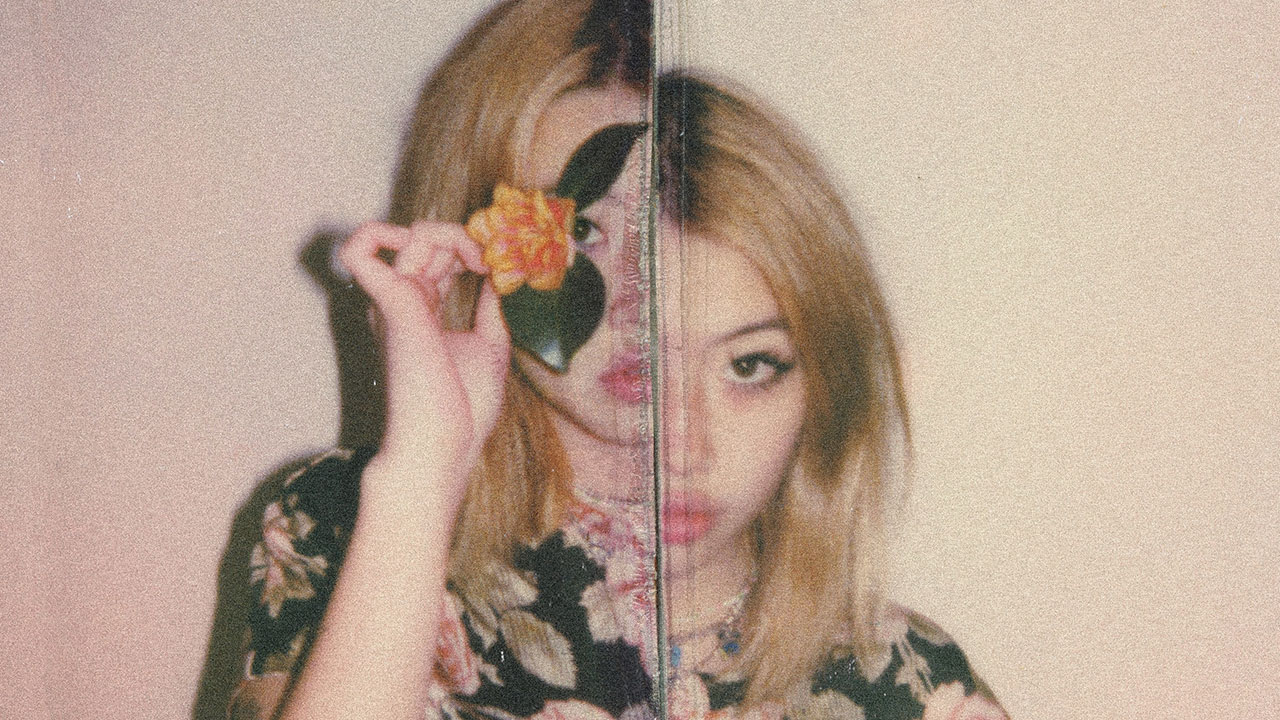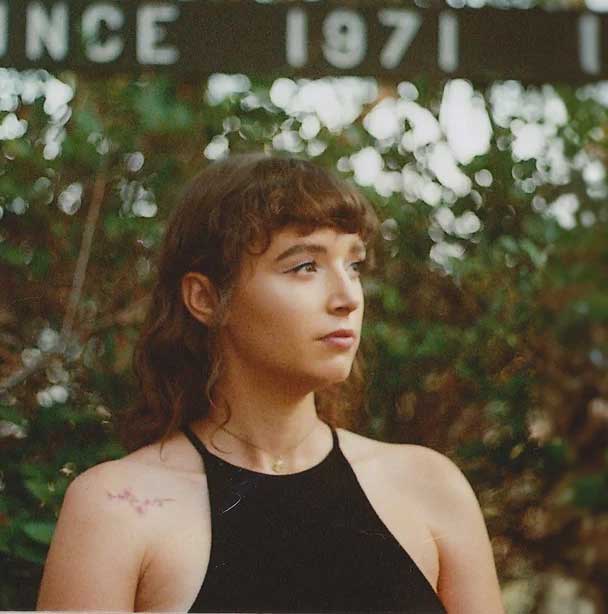According to Beabadoobee, real name Beatrice Laus, her debut album Fake It Flowers is “for the girls”. In a press release, she announced: “It's a record for girls to cry to and dance to and get angry to. It's all about, like, how annoying it is to be a girl."
At just 20 years old, it wasn’t that long ago that Bea was dancing heartbroken around her own teenage bedroom, and all that adolescent angst and feeling comes through in abundance on Fake It Flowers. The album was preempted by singles Care, Worth It, and Sorry, all of which capture the energy of a 90s Alanis Morissette, accompanied by videos of Bea dancing her way through her heartache.
While Beabadoobee’s music and accompanying lo-fi videos evoke very strong 90s indie movie vibes, Bea herself rose to fame in the most 21st-century way imaginable. Born in the Philippines in the year 2000 (yes, you are old), she went viral after uploading her very first song, the acoustic Coffee, to SoundCloud in 2017. She then released a cassette, signed to Dirty Hit, toured with The 1975, and dropped some more EPs. Throw in some TikTok fame, which she achieved when Coffee went viral on the app earlier this year, and you have the making of a very 2020 star.
The album, with its acoustic guitars and fuzzy production, has retained the DIY feel of Beabadoobee’s earlier tracks. She wrote, and in part recorded, Fake It Flowers while locked down at her parents’ house in London, saying that her childhood bedroom always makes her “want to write something”. She takes inspiration from her 80s and 90s heroes, like The Smiths and The Cranberries, which for anyone who was alive then feels like a small stake in the heart. But Fake It Flowers feels like an authentic grunge album, and it’s hard not to smile at the infectious, tinkling guitars and sheer energy of a song like Dye It Red, with its solo and Bea yelling, 'if you say you understand, you don’t'.
As she tells it, Fake It Flowers is completely and utterly Bea: her interests, her traumas, her mistakes. Her skill is in capturing the purest heartaches of adolescence through shaky, powerful vocals and unflinching lyrics teamed with fuzzy guitars. In a press release, she said: “Every song is so personal, I'm low-key fucking terrified to show it to the world." That’s most evident on Charlie Brown, a much heavier track that eschews the whispery vocals for distorted guitars and anguished screams of “throw it away”. It’s reminiscent of Hole, and despite its deceptively childish, gentle title, is an examination of Bea’s painful struggles with self-harm.
That experimentation with heavier sounds is across Fake It Flowers. Sorry opens with acoustic guitar and gentler vocals before building to heavier, distorted guitars, her feelings palpable as she screams, 'I guess that’s what happens to the best of us'. Pop rock track Together also plays with heavier sounds, with a fun chorus of Bea singing, 'at least we’re together' before slowing it back down for the verses.
On the melodic, sad Emo Song, after opening with tinkling acoustic guitars again and leading into the fuzzy, cosmic sounds she played with on Space Cadet, Bea sounds wise beyond her years as she refers to 'when I was young' and sings 'it’s all your fault' wistfully as it fades out. That dreaminess permeates Fake It Flowers, and the spacy Further Away sees her taking it to new places.
Still, it’s those very DIY moments that make Fake It Flowers special. How Was Your Day?, which Bea recorded on a four-track cassette in her boyfriend’s garden, is a very fuzzy, very real song about connecting across a distance. Featuring chatting, dogs barking and other every day sounds, it feels authentic, although a cynic who was alive in the 90s might find Bea’s fascination with the decade awkward. Yoshimi Forest Magdalene, the album’s closer, has similar energy, with mistakes and fuck ups before she sings 'he smells very nice', but that simplicity is charming – it sounds a little like Best Coast. Recorded in one live take, it builds, distorting as Bea sings, whispers and screams the title over and over.
On Fake It Flowers, despite the shiny new record label, Beabadoobee hasn’t lost her adolescent, DIY charm. It transports listeners to a very particular time – albeit one that Bea wasn’t alive for – and will likely make even grown adults want to smash up their childhood bedrooms. Maybe that’s what we all need right now.
Still, it’s the moments where Bea experiments a little more that show her potential for the future; the heavier vocals and guitars that express real heartache. On Horen Sarrison and Sorry, she bulks out her trademark sound with strings, adding a dramatic element that makes Fake It Flowers feels complete.

